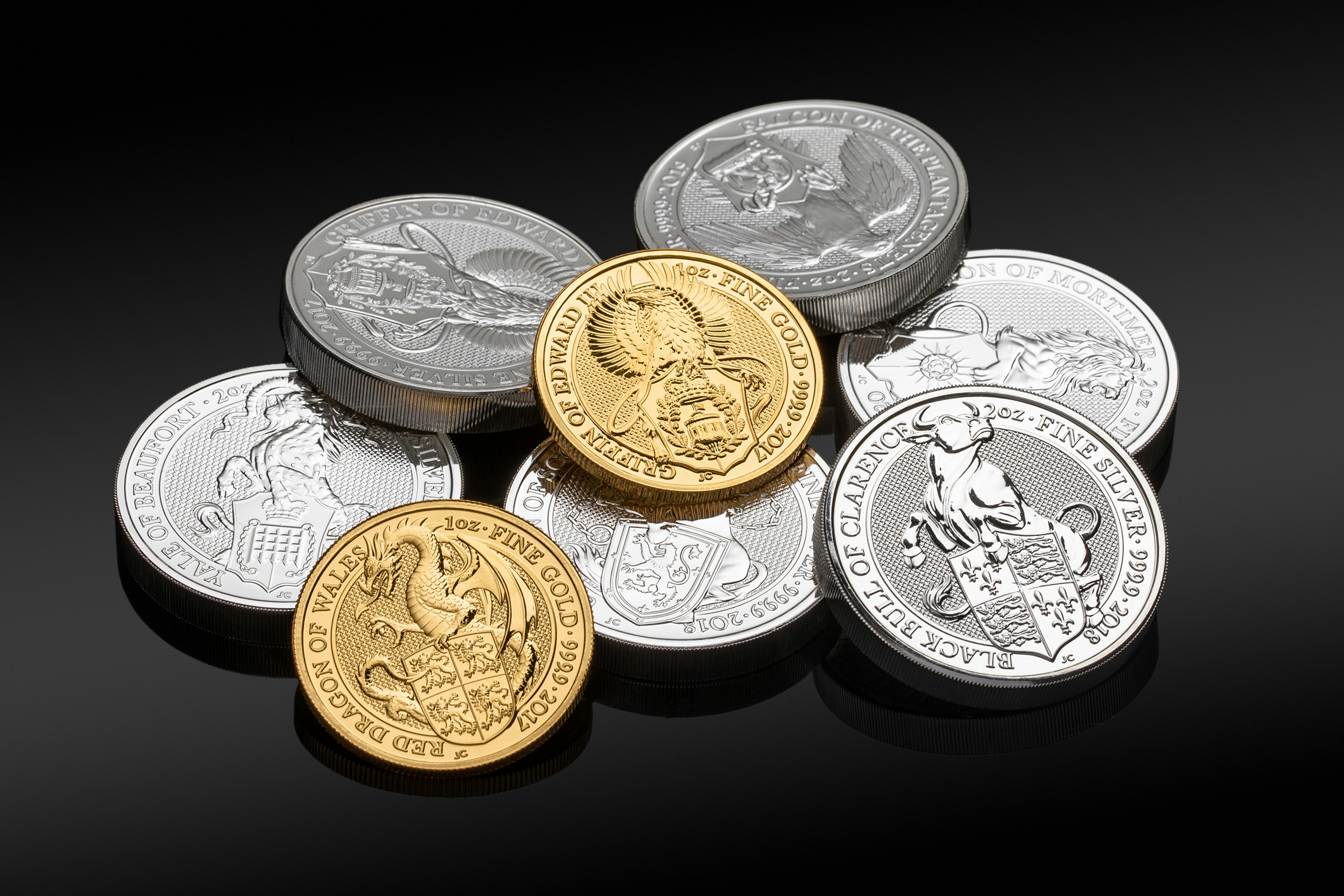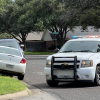Howdy
h1>
How to Start Collecting Coins Locally—A Beginner’s Guide

Coins have stories to tell.
Most of us in West Texas know someone who’s saved a few old pennies, maybe even a silver dollar found at a yard sale.
Local collecting can connect you with community history and friends who are just as curious as you are.
You’ll want safe sources for new finds, ways to organize what you collect, and tips that make your hobby last.
Stick around and mouse over the practical advice ahead.
1. Finding Trustworthy Local Coin Dealers
Maybe you’ve just discovered a newfound passion. Or perhaps you’ve been collecting coins from trips away from home, and you now want to do it locally. You’ll first want to identify shops and dealers with good reputations in your area.
Ask about their years in business, whether they belong to numismatic groups, and what their return policy is like.
Look for experience, transparency, authenticity of inventory, and prices that feel fair. Compare that to online sources like PIMBEX where people often buy American Silver Eagle coins reliably.
That can be a great reference point given that these bullions are among the most collected U.S. silver coins today.
2. Visiting Shows and Community Markets
Here’s a gold mine for collectible coins that’s often overlooked. Local shows and markets bring in sellers you might never find online or at shops, each offering their own mix of old and new finds.
Some tips while at it:
- Visit early to spot rare pieces before others do
- Choose events at established community centers or fairs
- Bring cash, since many dealers prefer it for small sales
- Chat with sellers about coin origins—they often know their history
You’ll meet experienced collectors willing to share stories and tips, making your search richer and more personal.
3. Checking Authenticity Before You Buy
Picture this—you find what looks like a rare coin at a small market table. It helps to ask for paperwork or see if the dealer is certified by known numismatic groups, as noted earlier.
Magnifiers and reference books can help you spot details and learn to tell if a coin is counterfeit without guesswork.
Importantly, many genuine coins show distinct textures, clean edges, and exact weights that fakes rarely match. A little patience goes far in protecting your growing collection.
4. Storing and Organizing Your Collection at Home
Most collectors quickly realize one thing. Storage matters as much as the hunt. A cool, dry space keeps coins safe from rust and dust. Good organization means you’ll always find what you want without much strain.
So:
- Use acid-free flips or holders for protection
- Label each coin with purchase details
- Sort by year, type, or metal for easy reference
- Store in a locked cabinet if possible
You create an environment where your collection remains intact and simple to enjoy.
5. Connecting With Local Collectors and Clubs
Think of a club as your shortcut to better finds and honest advice. Local groups often meet at libraries or rec centers, where experienced members share leads on trusted sellers and events.
By trading coins face-to-face, you don't just build trust... You learn hands-on grading skills too! And, some clubs host talks with experts or even arrange field trips, adding fresh perspective to every stage of your collecting hobby.
End Note:
Even the smallest coin holds a piece of local history worth discovering. With careful choices and community connections, anyone can shape a collection that grows in meaning with each new addition.



